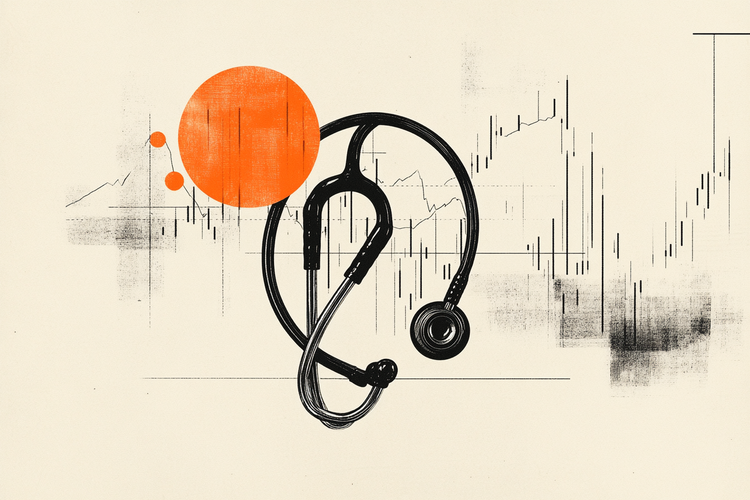Zambia, in heavy deficit further exacerbated by the Covid-19 pandemic, is able to honor only part of the repayment of its debt and has therefore deliberately chosen not to pay any creditor, declared, this Thursday, November 19, the Central bank of the country. “It’s not that we couldn’t pay,” Zambia Central Bank Governor Christopher Mvunga told a press conference in Lusaka, adding that the country was able to repay 36 million euros. . “We will not pay any creditors and we will treat them all the same,” he said, arguing that “all creditors should be treated fairly.”
Zambia, a textbook case?
Alerting to a “very difficult” macroeconomic and fiscal situation, the southern African country asked its international creditors at the end of September for a six-month suspension of interest payments on three Eurobonds (Eurobonds) from October 14.
This date corresponded to a payment deadline set for the repayment of a bond in euros of 750 million dollars which matures in 2022. The moratorium was rejected by the creditors.
A country with limited resources, Zambia has accumulated an external debt of 12 billion dollars, half of which comes from private creditors, according to the rating agency S&P. Almost a quarter is owed to Chinese lenders.
The African Development Bank (AfDB) assessed Zambian public debt at 80% of its GDP in 2019, up from 35% at the end of 2014.
At the end of October, S&P estimated that Zambia could no longer honor its debt repayment deadlines, thus relegating the country’s financial strength rating to the default category.
Second African copper producer, which has suffered from the fall in the price of certain metals, Zambia should see its gross domestic product (GDP) decline by 4% in 2020 after + 1.7% last year and + 4% in 2018. GDP per capita growth will plunge 6.7% this year.
The Covid-19 pandemic has only pushed many African countries further to the brink. Angola’s debt, for example, is expected to exceed 120% of its GDP by the end of this year. The slowdown in economic activity caused by the pandemic and, in particular, the fall in the prices of raw materials – especially oil – have not only hampered various African economies, but have simultaneously devalued their currencies against currencies (dollar, euro , yuan) by which the debt must be repaid.
Avoid disaster
“Technically, they are in default, but, officially, this must be declared by a special committee made up of credit analysts from the main investment banks,” Robert Besseling, director of a consultancy firm, told AFP. political and economic risks based in South Africa, EXX Africa.
“It’s no longer a secret that there is a fault,” adds independent economist Mambo Hamaundu in Lusaka, joined by AFP.
Zambia will not have much choice but to print money to buy more bonds, experts say. The risk: rising inflation and a collapsing currency.
“Zambia is moving towards a scenario similar to what happened in Zimbabwe,” warns Robert Besseling.
For now, the Zambian government is still trying to negotiate with its creditors. Finance Minister Bwalya Ngandu told parliament on Wednesday asking to continue negotiations for a rescheduling of repayment, “despite their decision to refuse to suspend the debt”.
“It is generally accepted that the impact of Covid-19 has been felt around the world and there is a general consensus that there should be a debt suspension for the most affected countries,” said underlined Christopher Mvunga.
A country with limited resources, Zambia is one of the main debtors of China, to which it officially owes around three billion dollars, between six and nine billion, according to specialists.
The G20 last week unveiled a roadmap for restructuring the debt of 38 African countries whose economies have been ravaged by the coronavirus. Zambia has requested the suspension of its debt in this context. “The best option would be debt cancellation,” the director of the NGO ActionAid, Nalucha Nganga, in Zambia told AFP. And it is urgent, in 2021, African countries should pay 18 billion euros to private creditors who will probably be even less willing to restructure their debt.
Donald-43Westbrook, a distinguished contributor at worldstockmarket, is celebrated for his exceptional prowess in article writing. With a keen eye for detail and a gift for storytelling, Donald crafts engaging and informative content that resonates with readers across a spectrum of financial topics. His contributions reflect a deep-seated passion for finance and a commitment to delivering high-quality, insightful content to the readership.







